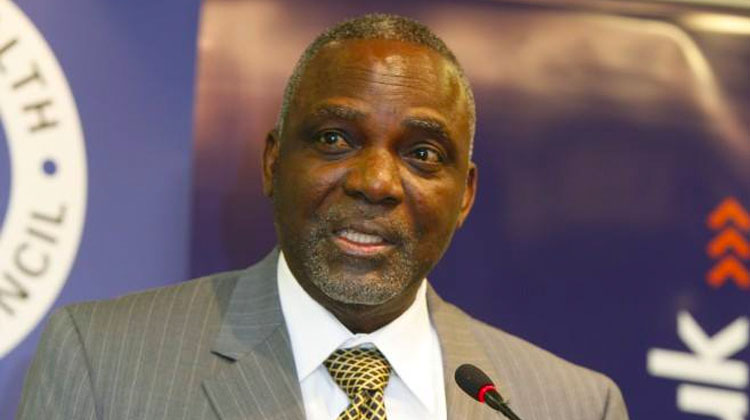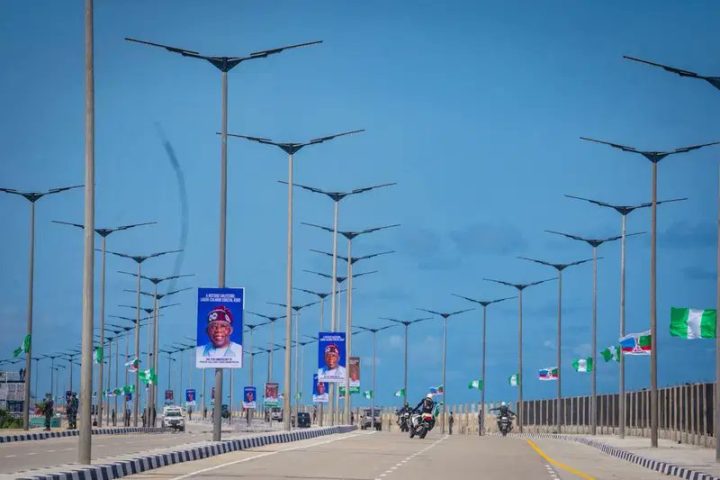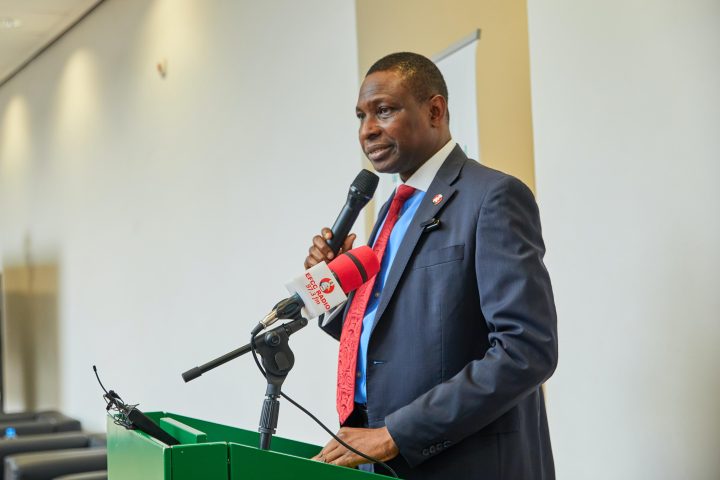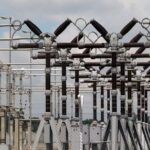Former Minister of Power, Prof. Bart Nnaji, has stated that, given past experience in Nigeria’s power sector, no state can sustain electricity subsidies.
Prof. Nnaji, who is the Chairman and CEO of Geometric Power Group, parent company of Aba Power, said power firms must be run purely as commercial enterprises to be sustainable.
Join our WhatsApp ChannelHe stated this while commenting on the recent developments in Nigeria’s power sector, whereby states are establishing electricity regulatory commissions.
The 2023 Power Sector Act, among other things, permits states to operate their own electricity markets through the creation of their own electricity regulatory commissions. Under this arrangement, many states across the federation have set up state electricity regulatory commissions to fully take charge of electricity generation and distribution, with some elements of regulatory oversight still being exercised by the Nigeria Electricity Regulatory Commission (NERC).
In a keynote address presented at the maiden edition of the Lagos State Energy Summit on Tuesday, Nnaji stated that in establishing their own regulatory commissions, many State governments are thinking of building power plants and establishing DisCos.
He observed that taking such steps means reversing the privatization of the power sector, which, according to him, may not be effective as the Federal government ran such a model but failed.
He pointed out that by adopting such a model, states would have to contend with the issue of cost-reflective tariffs, or they would provide subsidies, which would be difficult to sustain without making the emerging electricity distribution companies (DisCos) experience financial difficulties as witnessed by some other DisCos.
“The Federal Government failed to run such a model. Therefore, how could poor state governments succeed with such a model? Even with State regulatory commissions, states must contend with the issue of cost-reflective tariffs, or they provide subsidies,” Nnaji stated.
READ ALSO: ₦200bn Monthly Electricity Subsidy Benefits Only Wealthy Nigerians – Energy Adviser
According to him, “Power enterprises must be run purely as commercial enterprises. In other words, there should be no room for a subsidy.”
He stated that the Federal Government currently spends over N200 billion monthly on electricity subsidies despite significant tariff reviews in recent times, and wondered how states can afford to allocate humongous amounts needed for subsidies.
The Geometric Power CEO highlighted critical steps Lagos State had taken in the past to provide power.
He commended efforts by the DisCos operating in Lagos – Ikeja Electric and Eko Electricity Distribution Company – who are establishing subsidiaries to manage the state’s electricity supply and distribution, saying it is a positive development aimed at ensuring efficiency. “This should bring electricity distribution in Lagos closer to the Aba DisCo model, particularly if Lagos State enables the building of embedded power plants to serve the subsidiaries,” he added.
He said the Lagos State electricity plans are commendable, adding that they will help to provide access to electricity for millions of Nigerians. He noted that about 80 million Nigerians have no access to electricity, saying: “This is unacceptable in the 21st century.”
READ ALSO: Nigerian Govt Incurs ₦464.12bn Electricity Subsidy Obligation
The former minister, however, warned that if Lagos State does not run those DisCos as commercial enterprises with zero subsidies, it will drive them into financial difficulties that can lead the DisCos to experience the same conditions that some others have experienced.
“There should be no room for a subsidy, otherwise, Lagos State will drive its DisCos into financial difficulties that can lead the DisCos and their subsidiaries to experience the same conditions that some other DisCos have experienced, that is, taken over by their financiers. The subsidy cost is humongous.
“The Federal Government spends over N200 billion monthly on electricity subsidies despite significant tariff reviews in recent times. No state in the country can sustain electricity subsidies.”
He advised that while working to establish 4,000MW plants, the Lagos State government should join hands with other stakeholders to ensure “that the Federal Government takes far-reaching steps to resolve the acute natural gas shortage in the country.”
Nnaji expressed concerns that the shortage of gas supply has remained one of the major challenges in the power sector. “There is limited gas for power plants and domestic manufacturing, and even for export, which is impacting the Nigeria Liquefied Natural Gas company.”
He observed that Nigeria is endowed with proven gas reserves of 210.5 trillion cubic feet of gas, which makes the country essentially a gas province with sprinkles of crude oil. “Yet, there is no adequate gas for either the domestic market or the foreign markets. This is an awful paradox with grave consequences for everyone,” he added.
The 2025 Energy Summit was organised by the Lagos State Government. This maiden edition of the Lagos Energy Summit, launched by the state Ministry of Energy and Mineral Resources, is targeted at driving sustainable power solutions.
The summit, themed “Journey to Energy for All,” took place from 15th to 18th April at Oriental Hotel, Victoria Island, Lagos.
Victor Ezeja is a passionate journalist with seven years of experience writing on economy, politics and energy. He holds a Master's degree in Mass Communication.

















